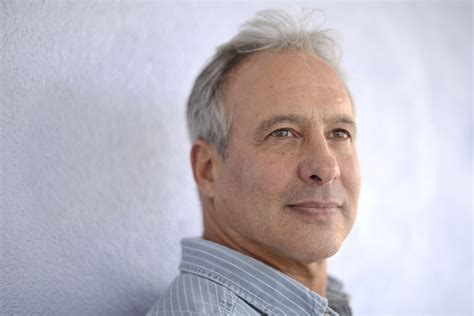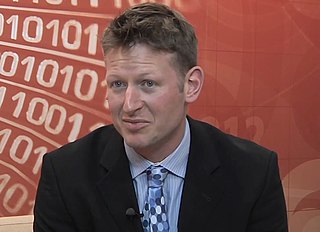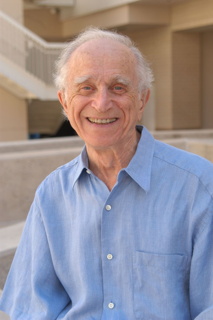A Quote by David Suzuki
Just as human activity is upsetting Earth's carbon cycle, our actions are altering the water cycle.
Quote Topics
Related Quotes
The effect of the post-Enlightenment project for human society is that all human activity is absorbed into labor. It becomes an unending cycle of production for the sake of consumption. The modern concept of "built-in obsolescence" makes this clear. The cycle of production and consumption has to be kept going, and the work of the artist or craftsman who aims to create something enduring becomes marginal to the economic order.
My first goal would be to reduce the perturbation in the carbon cycle. That would mean using carbon neutral sources of energy, and changing our agricultural practices to be less disruptive and polluting. I'm not talking about a policy here so much as changing the way our infrastructure works. That's why I'm so fascinated with changing the way we build cities, because they are the most developed forms of physical infrastructure for human habitation.
In the Gaia theory air, water, and soil are major components of one central organism, planet Earth. What we typically think of as life - the plants and animals that inhabit the earth - has evolved merely to regulate the chemistry of the biosphere. Humans are insignificant participants, far less important to the life cycle than termites. Even the imbalance that we have created by adding massive quantities of carbon dioxide to the atmosphere may be brought back to acceptable levels by other organisms functioning in their capacity to correct excesses.



































